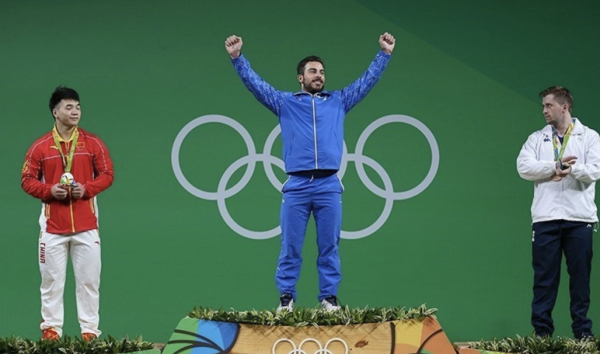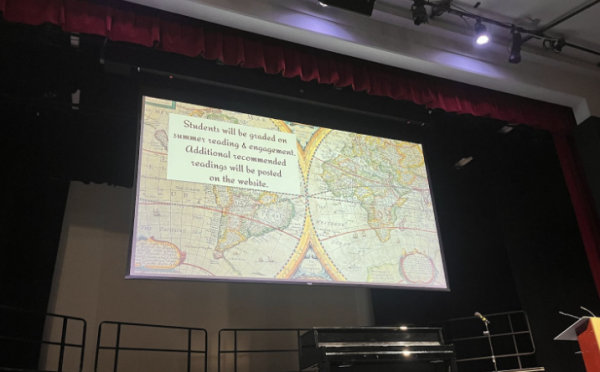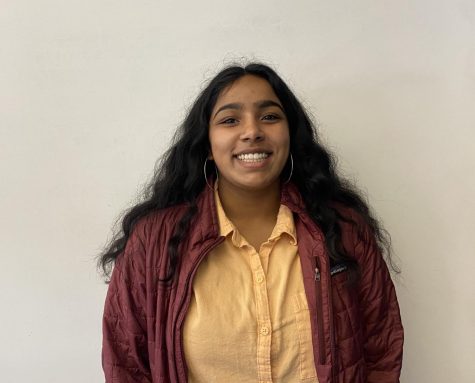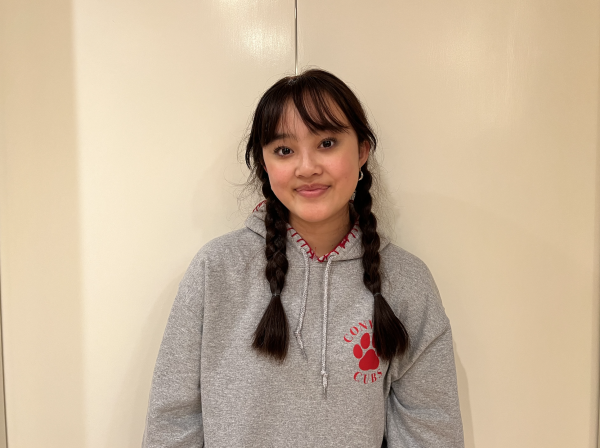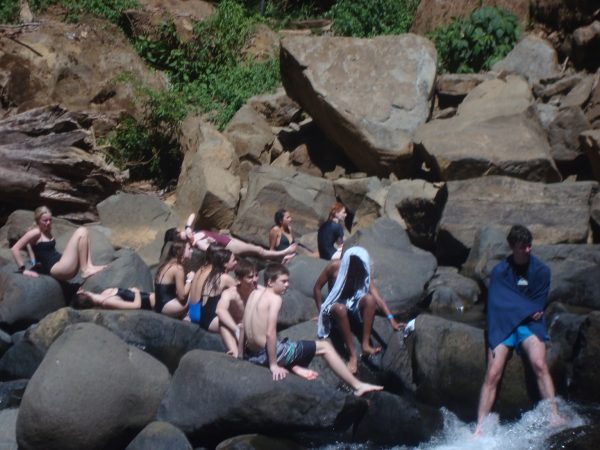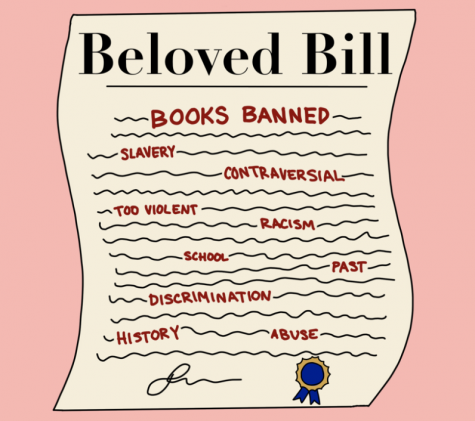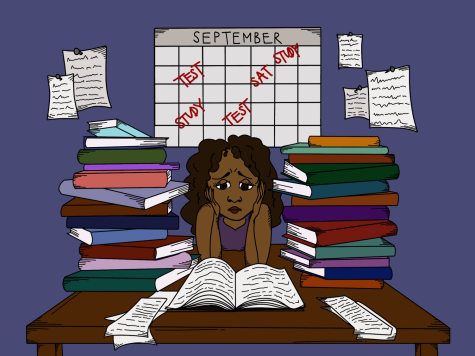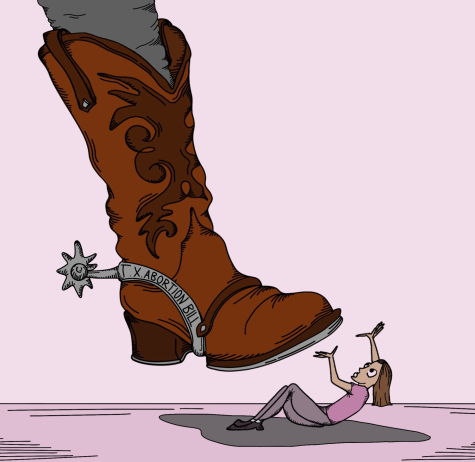Looking globally: Don’t let the smoke blind you
September 25, 2020
It’s one thing to sit in your room in September of your senior year seeing your friends and teachers through your computer screen — we’ve gotten used to that now. But it’s another to glance outside your window to find a dark orange sky looming over your normally foggy city.
Even with choking smoke in the air and an unhealthy AQI rating of 195, the effects of climate change aren’t always obvious to us teenagers. Yet, we as young adults have an impact to change this right now: If not for us, then for our children and grandchildren.
89% of surveyed youth say that young people can make a difference, according to a survey by the Office of the Secretary-General’s Envoy on Youth. Yet, only 9% are very confident the world will act quickly enough to address climate change.
This is our time. If we don’t feel confident in our own government and political leadership of
Baby Boomers, Generation X and Millennials, it is all riding on us to make that change and to turn the tides of climate change before it’s too late.
In the meantime, while we’re all stuck at home, there are many ways I have begun to act – in even the smallest capacity – to make a difference. I turn off the faucet when I brush my teeth, we grow shelter-in-place tomatoes in our backyard, we have a steady measurement of our carbon footprint. It is incredibly easy to do the research and change your habits: We can all do our part.
Using the orange sky as a catalyst for my research, I looked into many youth activists that are currently tackling this issue as part of their platforms. Wanjiru Wathuti of Kenya has planted more than 30,000 trees at local schools through the Green Generation Initiative and Oladosu Adenike of Nigeria runs community education forums to educate people about the intersection of climate change and poverty. These are girls that aren’t much older than me that are already doing so much to combat this – so why is it so challenging for us to take the smallest steps to do our parts?
It is understandable to not understand the effects of climate change firsthand as a teenager. I know that I look outside my window today at the smoggy sky and see everything as it should be: Green trees, chirping birds — signs of life and happiness. Yet this is only temporary, and it’s our job to make it as permanent as we can.
If sitting at my desk in my room on a September day of my senior year to slow the spread of a pandemic and lifting my shade in the morning only to see the ominous orange sky from a fast-moving wildfire isn’t a wakeup call, I don’t know what is.




